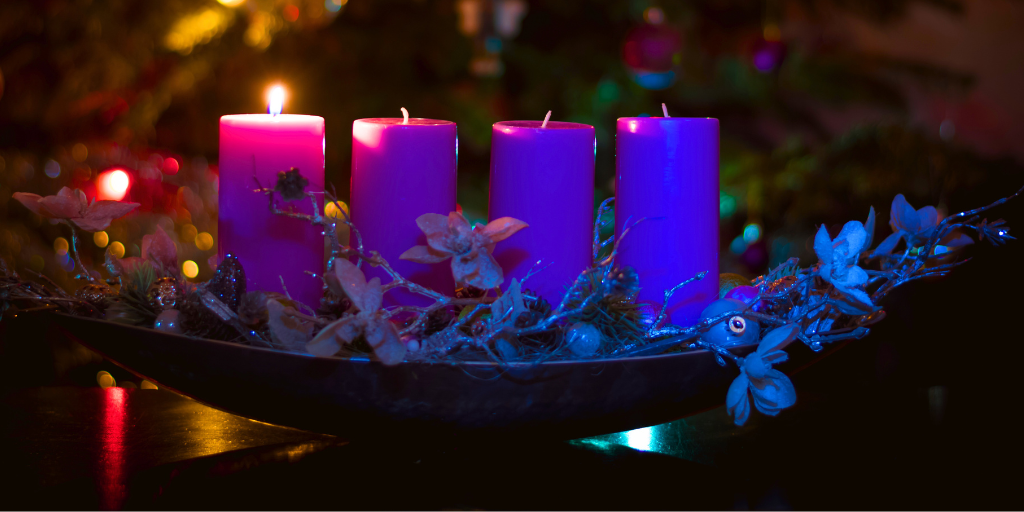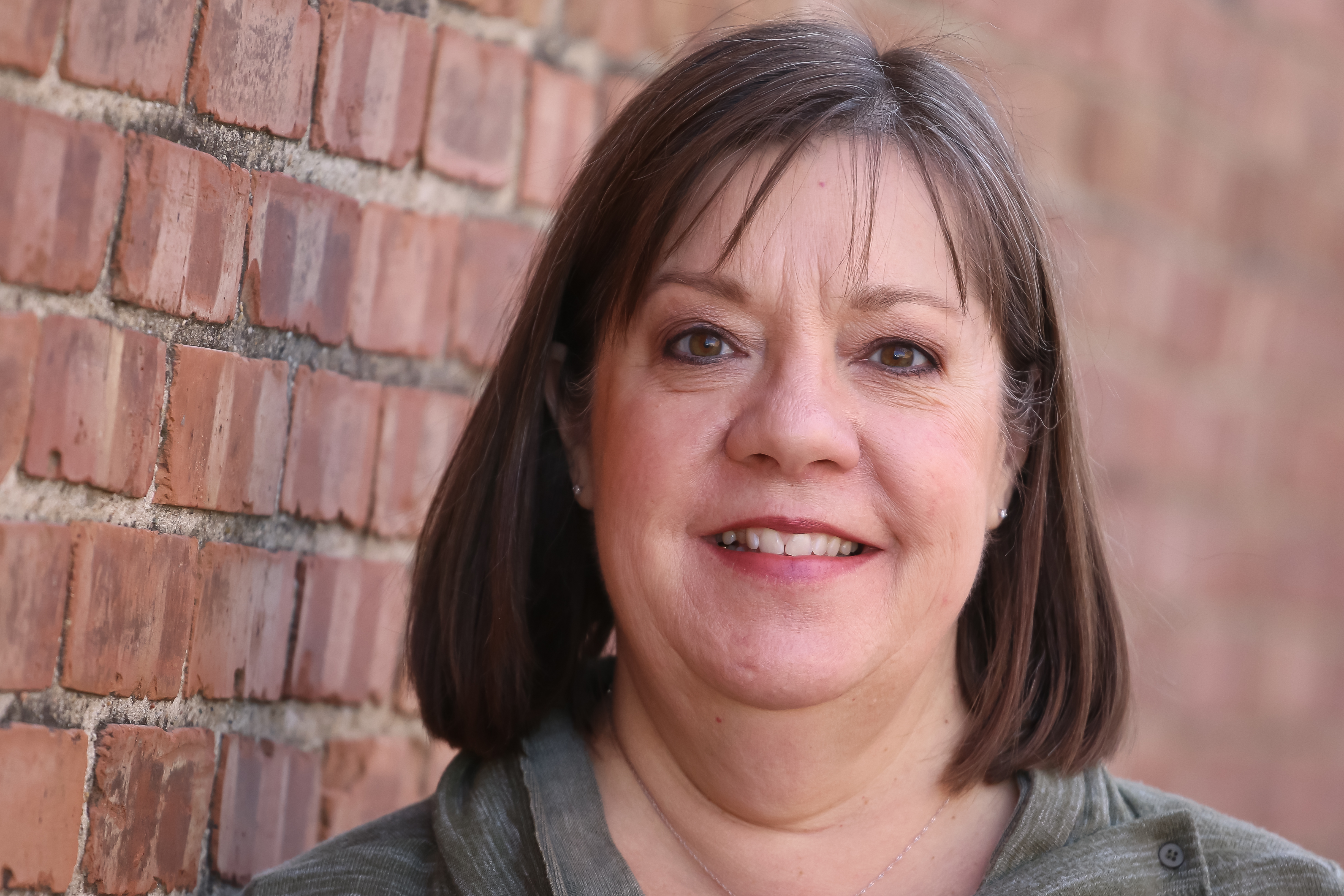
Julie Storr shares a reflection on the Prayer over the Offering for the First Sunday of Advent.
This week we Lectio the Liturgy with the Prayer over the Offering for the First Sunday of Advent.
Accept, we pray, O Lord, these offerings we make, gathered from among your gifts to us, and may what you grant us to celebrate devoutly here below gain for us the prize of eternal redemption. Through Christ our Lord.
The first Sunday of Advent begins a new liturgical year. The liturgical calendar is one way we keep time. As a Catholic, I use two calendars. Holy days and feasts of Saints are observed in a liturgical calendar, just as President’s Day or Independence Day are celebrated on the Gregorian calendar we use every day.
In our prayer this week, we have two petitions that we ask of God. First, we ask God that He accepts the offerings we make to Him. The offerings come from the gifts He has given us.
Pretend you have a big basket in front of you. In it are all the gifts God has given you. Gifts would include your house, your family, your church, even your very life. Everything. From all of these gifts, we offer something back to God.
We hear the word offering a lot in our prayers. In the Latin form of the prayer, we find the word munera, which means a gift, a service, a sacrifice.
The offering as a gift is grace. Grace can be defined as God giving us what we don’t deserve. Offering as a service is an action. It means that since we have been given a gift, we are bestowed with a responsibility to act. Offering as a sacrifice is the action of offering our gifts back to God.
As you look through your basket and come to the realization that everything you have is a gift, what are you going to give back to God? Even if the gift is a bit tarnished, when we ask God to accept it, he restores the gift to new life.
In the next petition in the prayer, we ask that what God gives us to celebrate here below would gain the prize of eternal redemption.
For me, thinking about how what is done on the physical realm affects the spiritual realm is one of the most fun things to think about. What we do “in time” has an effect on what is done in the spiritual realm.
Prayer is one example. Our words aren’t just a sound, our words, prayed in faith, can bring forth miracles. When we pray at Mass, Jesus doesn’t put himself on a cross again, that is an event that happened in time. However, Jesus does still offer Himself to the Father for us.
Let’s back up 33 years before the Passion of Jesus, to another event that happened “in time.” After thousands of years preparing everything, all of the pieces were in place. It was the greatest event that has happened in the history of the world. The spiritual realm and the earthly realm collide, and God becomes man. The Son of God becomes the offering so that we can be given the prize of eternal redemption.
Advent may feel like a few weeks of busyness and buying, but it is really an opportunity for us to prepare our physical world for a supernatural miracle.
There are two simple things we can do to make this Advent unlike any other:
One: As we look for the perfect gifts for others, look in your basket and thank God for the perfect gifts He has given you. We must also love the Giver more than the gifts.
Two: Use these weeks of Advent to grow in devotion to your Redeemer and be aware of His presence in your life. Advent and Christmas give us an opportunity to experience more deeply the eternal “prize,” when our immortal God became one of us.

Copyright 2024 Julie Storr
Images: Canva
About the Author

Julie Storr
Julie Storr surprised herself when she went from “never ever going to be Catholic” to a lover of the lectionary. Her thirst for the Faith is never quenched and she is always surprised at the depth of the relationship with Christ that one can find in the Catholic Church. She and her husband live in Pocahontas, Iowa. Visit her website at LectioTheLiturgy.com.



.png?width=1806&height=731&name=CatholicMom_hcfm_logo1_pos_871c_2728c%20(002).png)
Comments